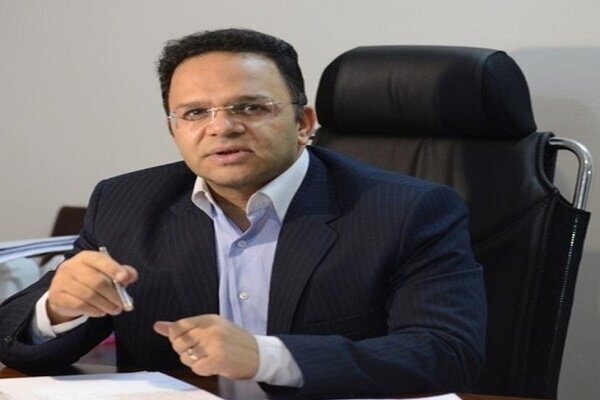US negotiation tactic on Iran marked by contradictory statements and shifting positions

Mehr News Agency – Azar Mahdavan: Indirect negotiations between Iran and the U.S., mediated by Oman, continue amid a climate of skepticism and mistrust. Iranian officials cite ”contradictory statements and shifting positions” by American representatives as a major obstacle, creating inconsistencies between their public rhetoric and negotiating stance. Meanwhile, regional developments—including concerns over the potential reinstatement of UN sanctions and military tensions with Israel—have added new dimensions to these talks, heightening their importance.
Under these circumstances, issues like uranium enrichment and arms control have emerged as central challenges. While both sides emphasize constructive dialogue, Iran and the U.S. appear equally invested in sustaining negotiations to reach an agreement that could alleviate domestic pressures.
In an interview with Dr. Rahman Ghahremanpour, a senior international relations expert, webangah News Agency examined the core hurdles in these talks:
“Iranian officials claim inconsistency in U.S. positions—as an example, senior American negotiator Steve Wittkoff initially suggested Washington had no issue with domestic enrichment in Iran but later backtracked. Is this a purposeful tactic or reflective of internal U.S. disarray?”
“These shifts are primarily negotiation tactics,” Dr. Ghahremanpour observed. “The Trump management employed similar approaches elsewhere,like Ukraine.” He noted that such maneuvering aims to keep counterparts engaged while securing concessions.
The expert also highlighted technical contradictions in Wittkoff’s statements due to limited expertise on arms control: “He first accepted domestic enrichment before conditioning it.” Divisions within Trump’s team further complicated matters—hardliners advocated confrontation while moderates favored engagement.
“Is enrichment truly the linchpin issue or might other unresolved matters escalate tensions?”
“Multiple issues are on the table,” he clarified. While Iran demands sanctions relief and oil trade resumption technically speaking under international law NPT Article IV has always been contentious due its dual-use nature peaceful energy versus weapons potential Past proposals like establishing an international fuel bank aimed curb national-level activities If resolved other secondary disputes could follow suit being less directly tied nuclear proliferation risks </P
“Despite expectations negotiations would collapse after fifth round both sides persist What outcome do you foresee?”
“Both need diplomacy for different reasons US wants validate Trump s foreign policy while Iran seeks economic reprieve Oman Qatar s mediation plays critical role given Tehran Muscat trust However prolonged stagnation may prompt tactical withdrawals from either side” he concluded </ P >


